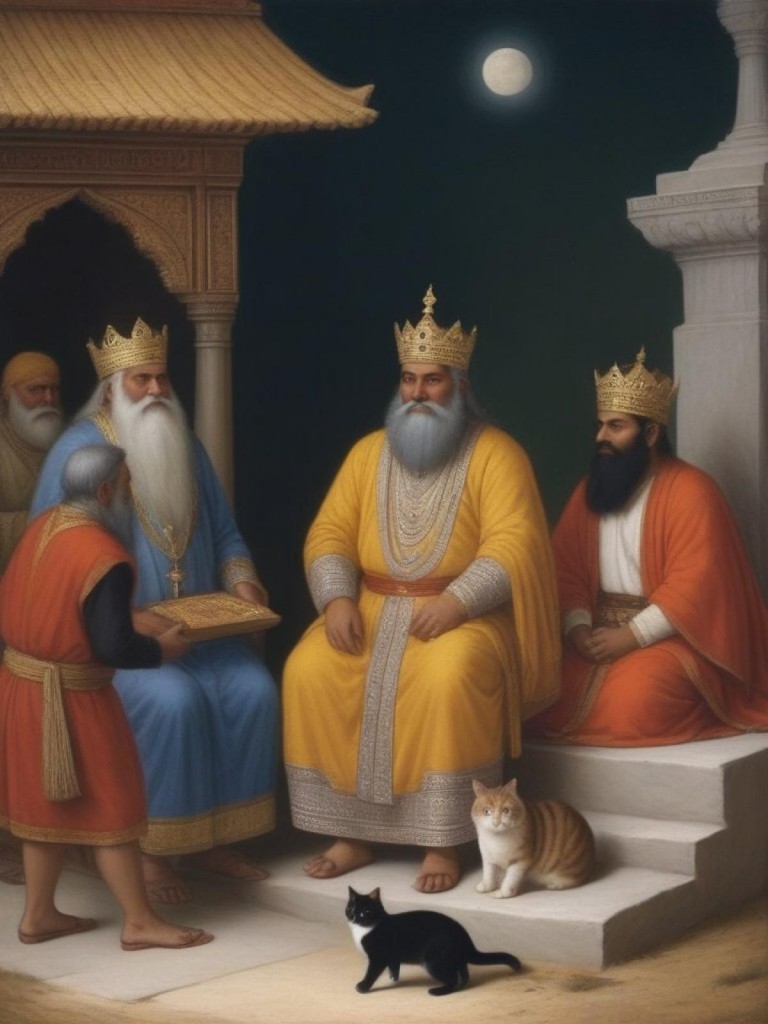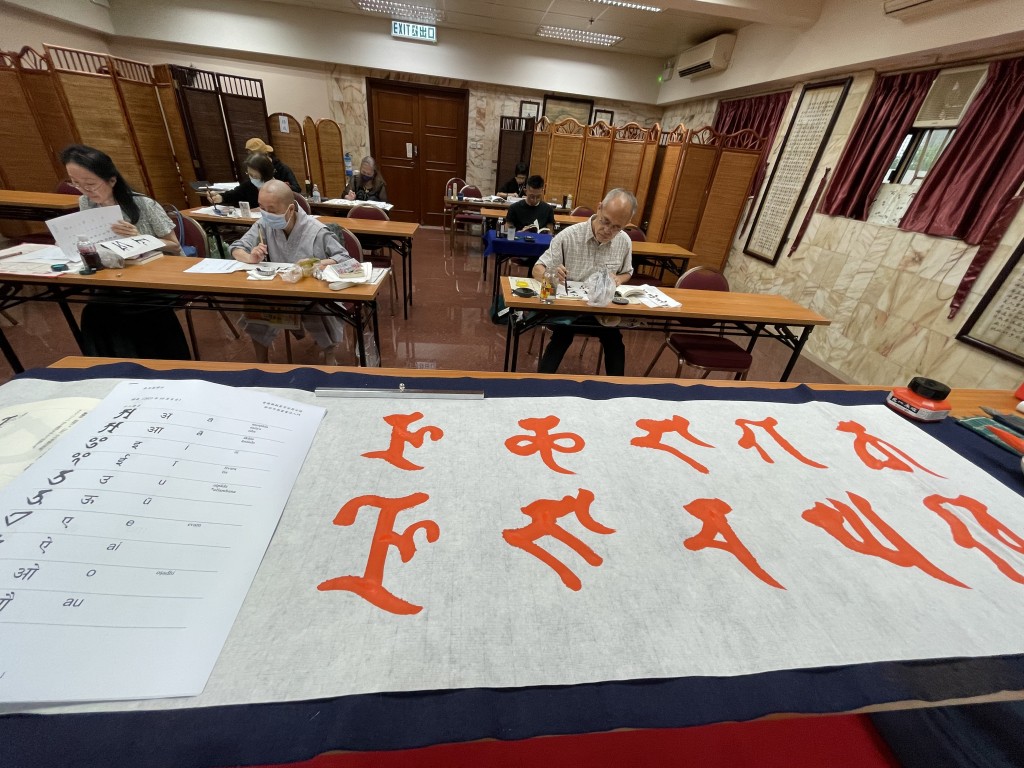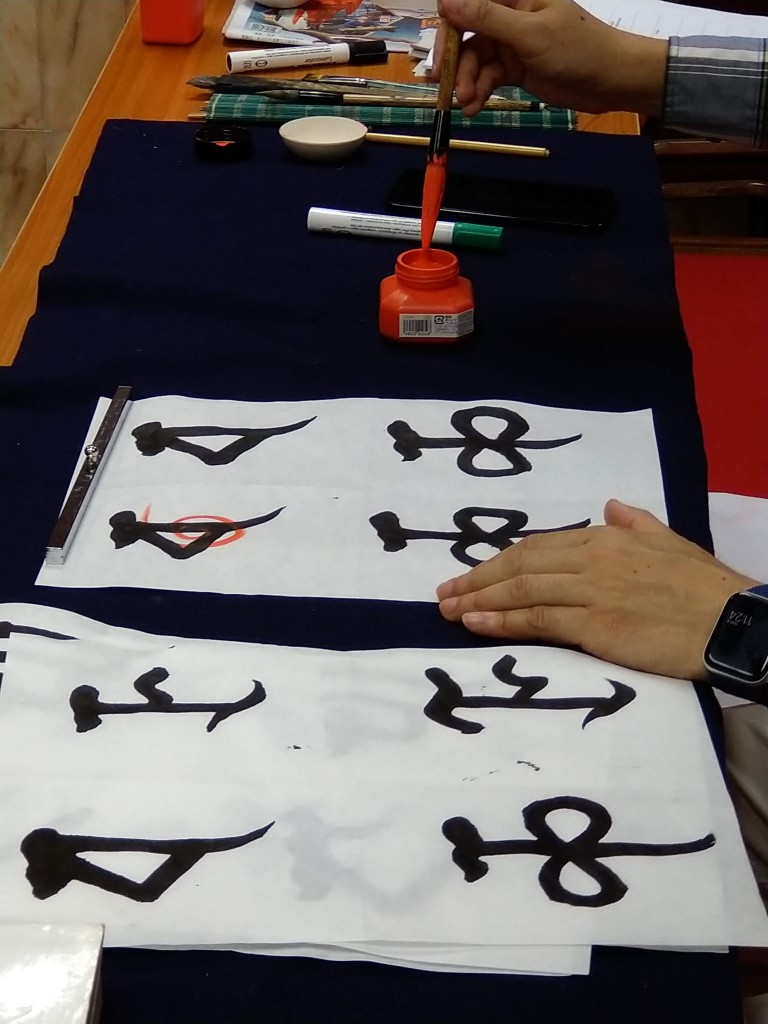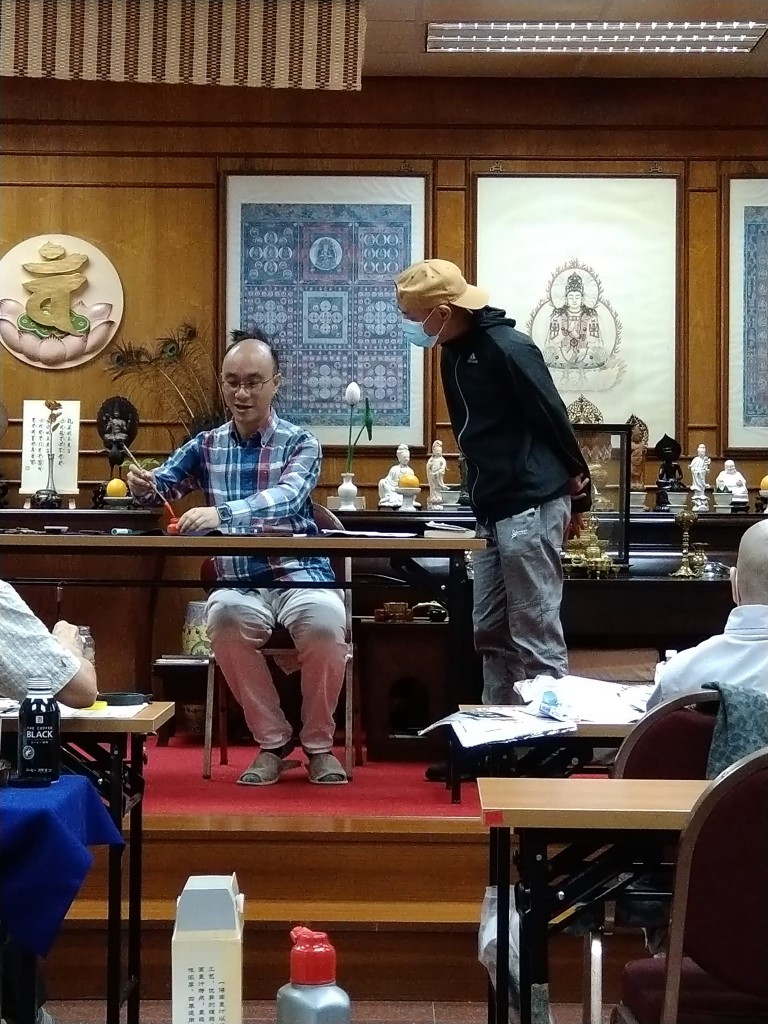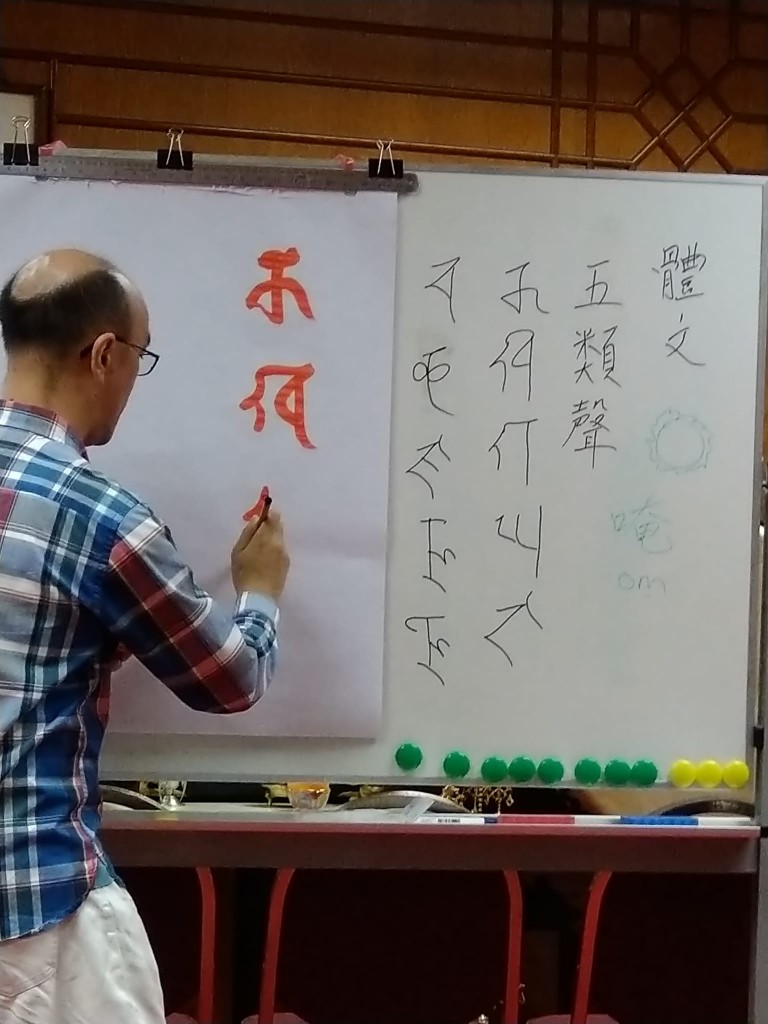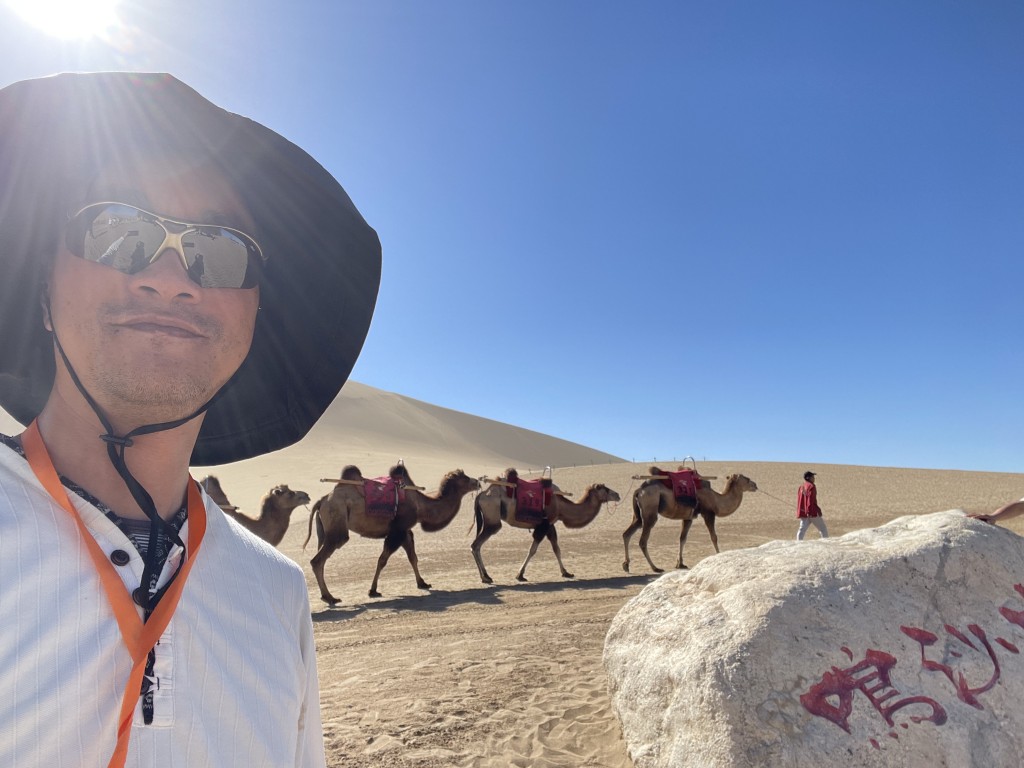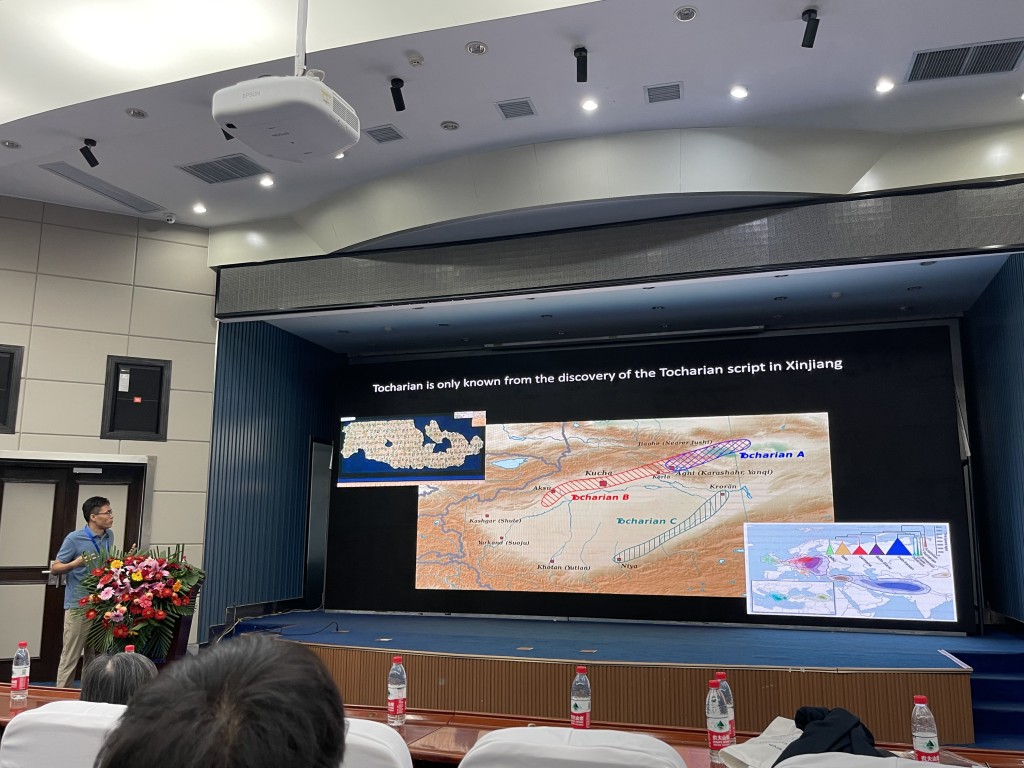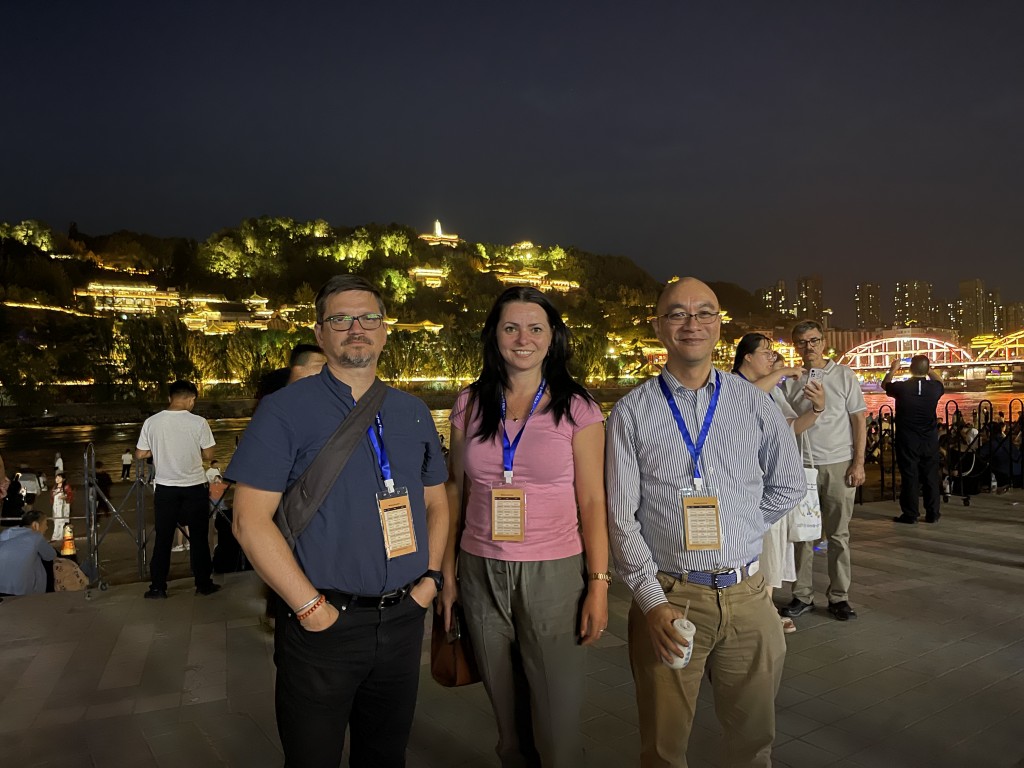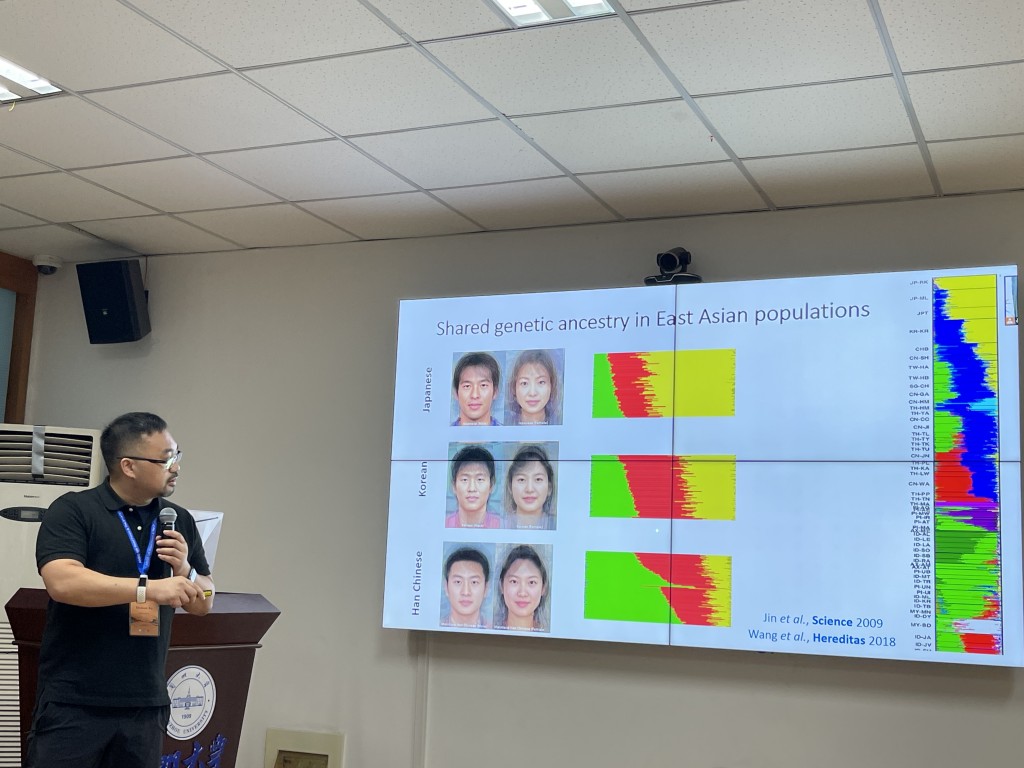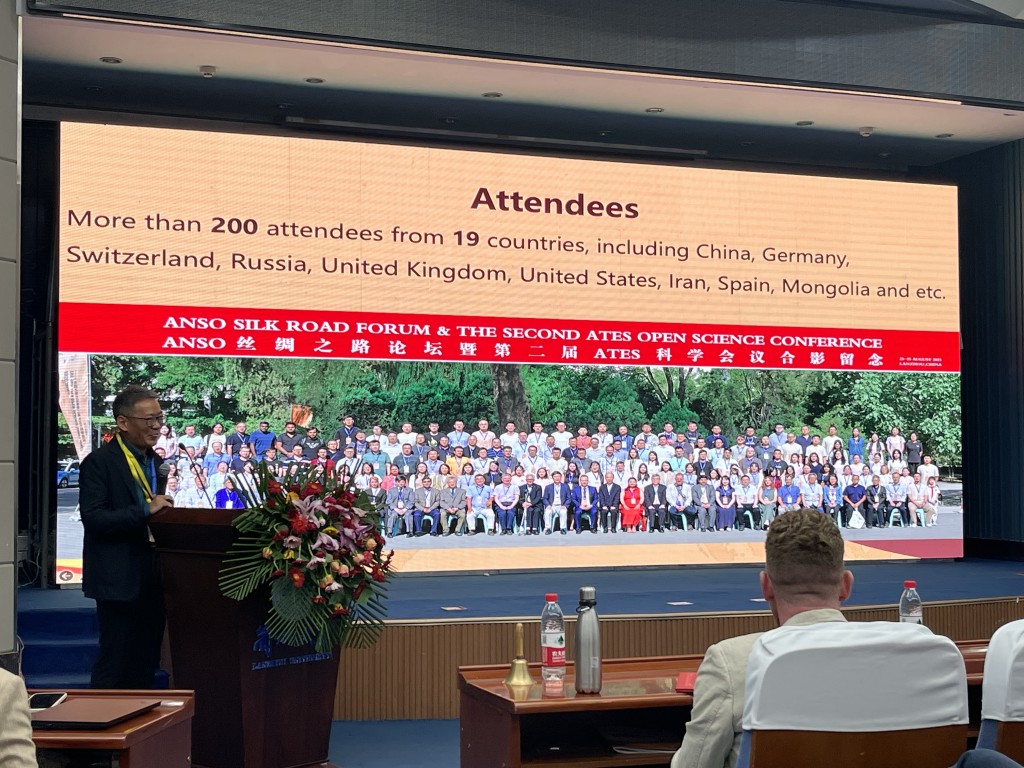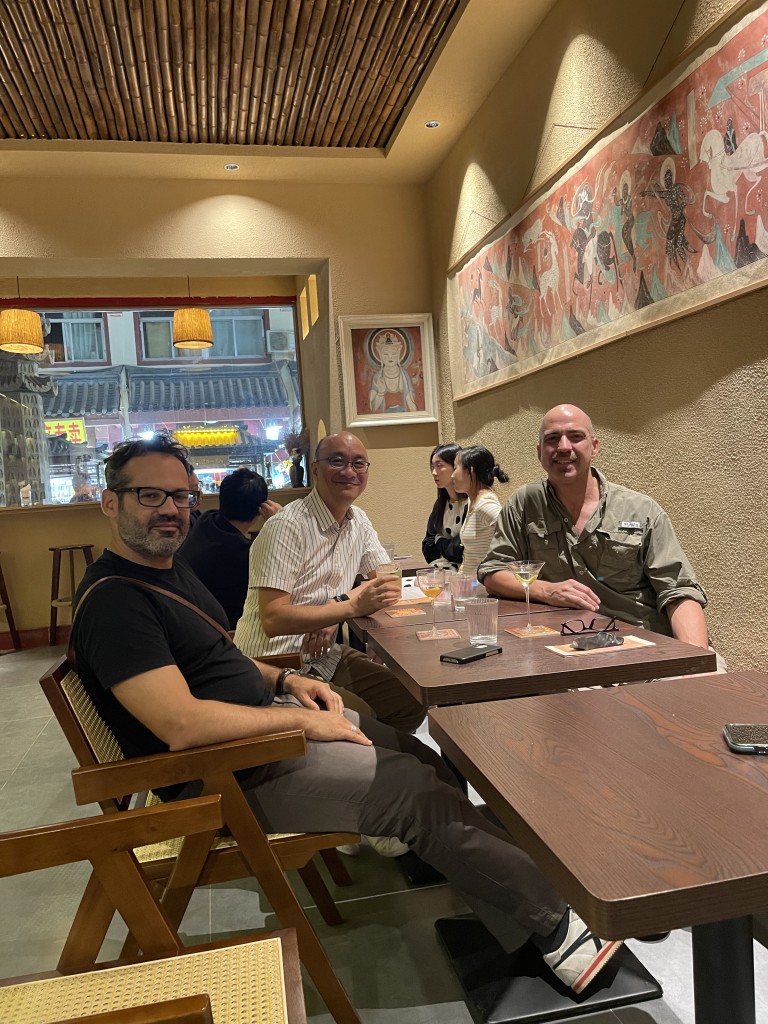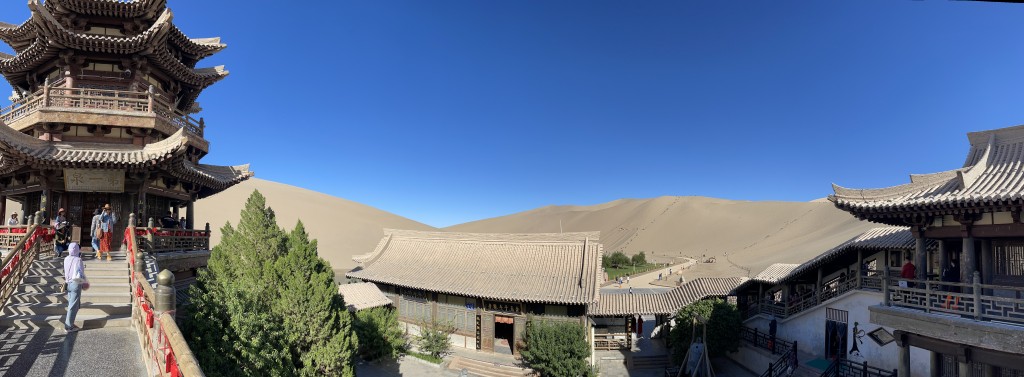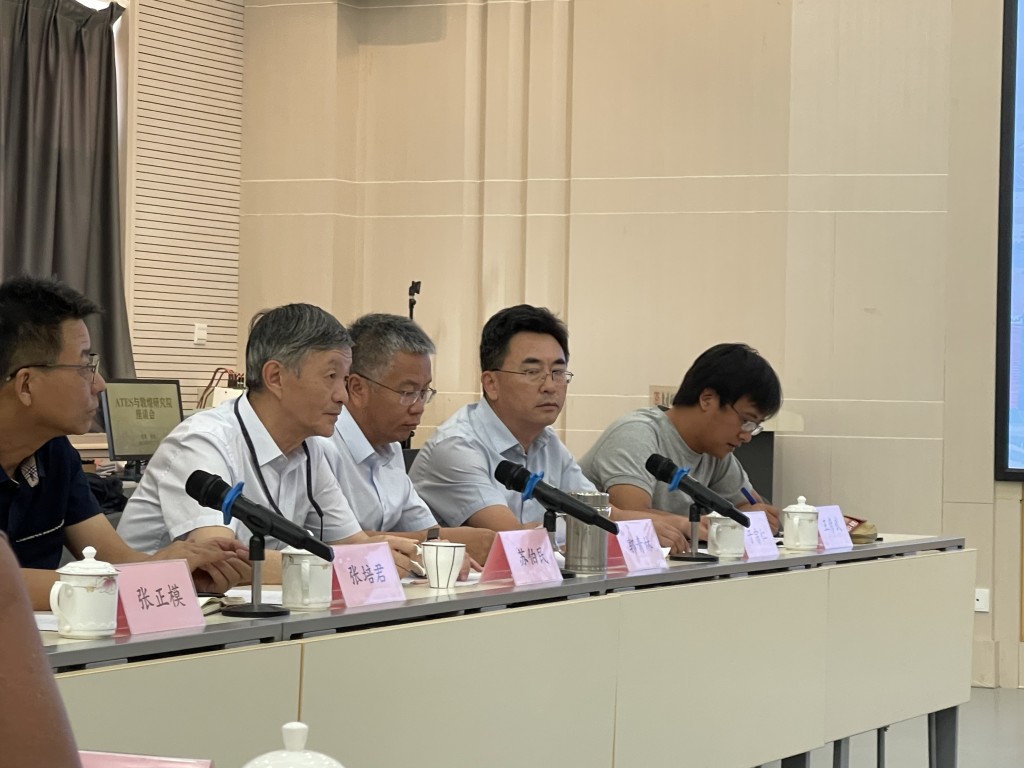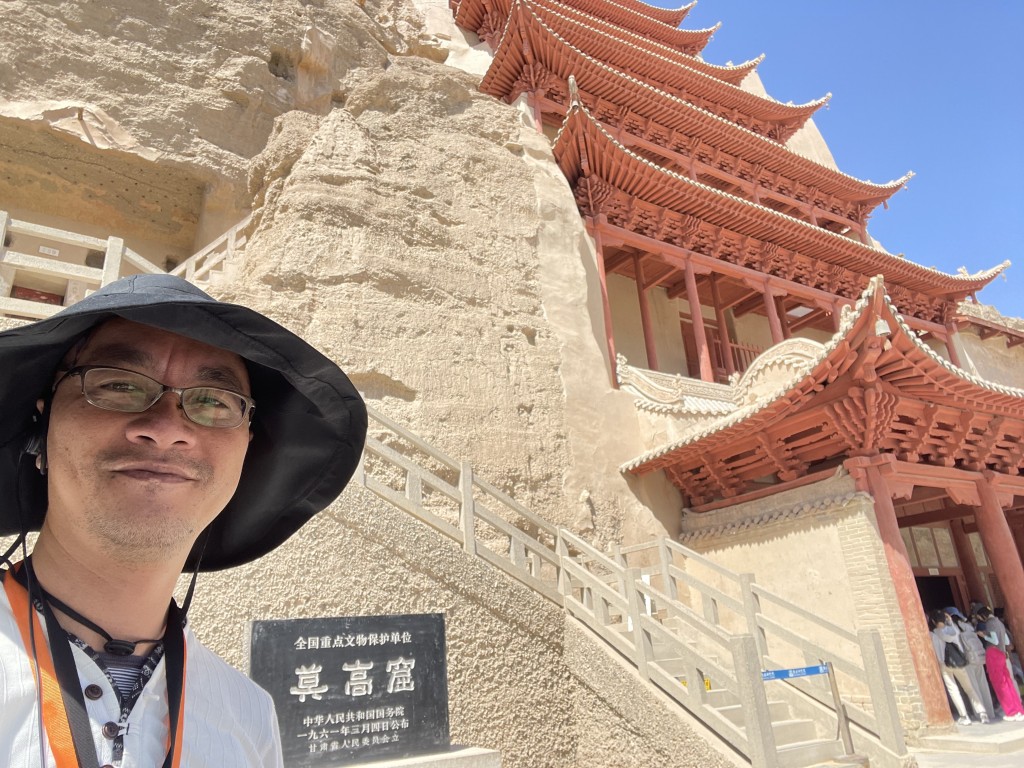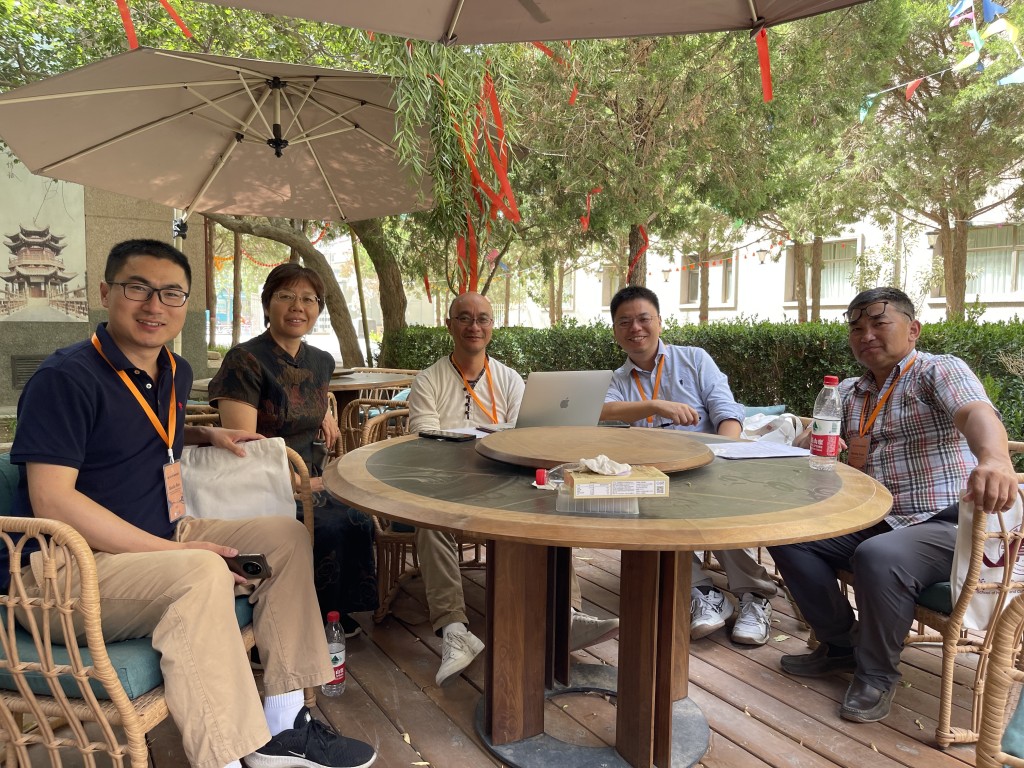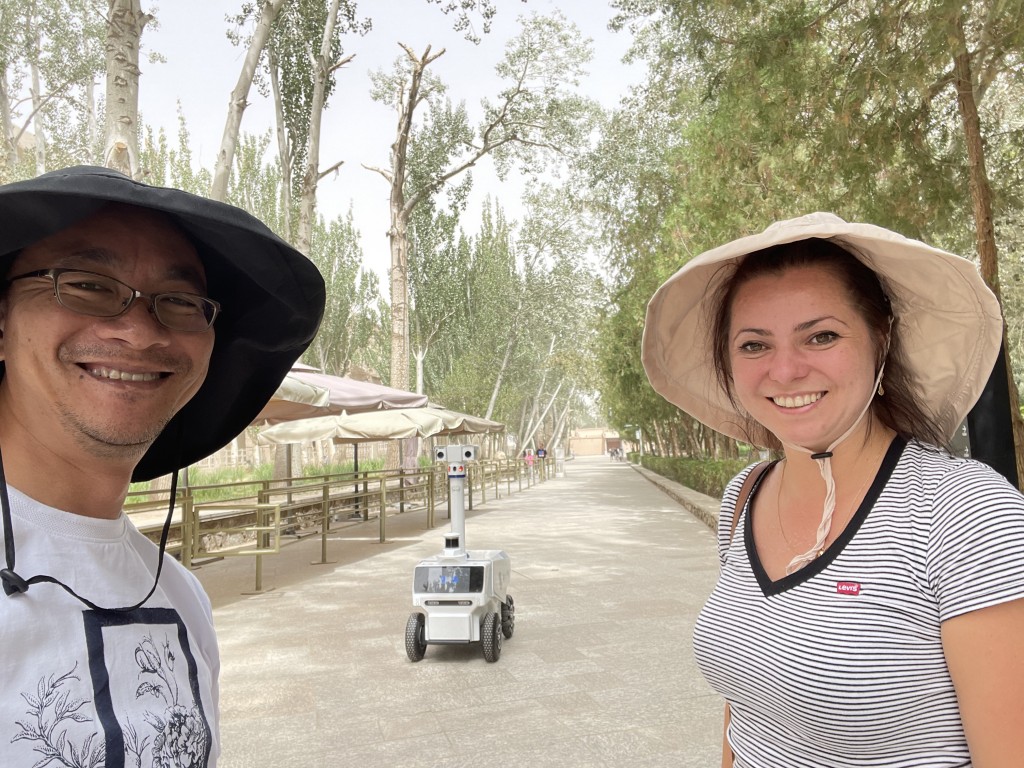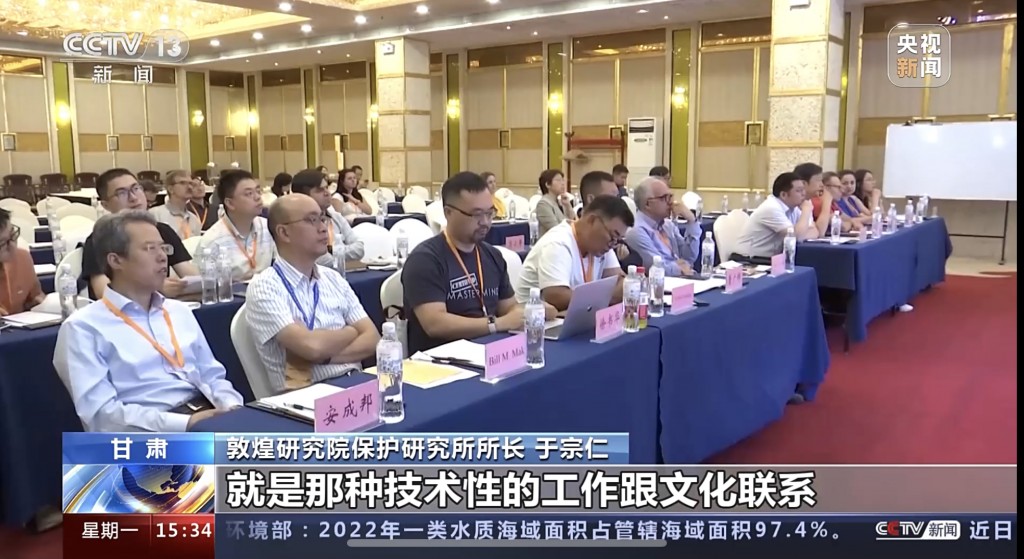AI-generated story with picture: King Bhima and his Conclave of Enlightenment (Bodhisaṃgha)
[A friend gave me an idea and AI generated this in less than one minute]
King Bhima and his Conclave of Enlightenment (Bodhisaṃgha)
Once upon a time, in the mystical land of India, there lived a man named Bhima. In his past life, Bhima was a revered raja, a king who ruled over a vast kingdom. His reign was known for prosperity, justice, and intellectual pursuits. One of Bhima’s greatest passions was astronomy, and he sought to deepen his understanding of the cosmos through conversations with wise men.
Bhima’s palace was adorned with intricate artwork depicting celestial bodies, and his personal library contained ancient texts on astronomy from around the world. He would spend hours studying these texts, seeking knowledge of the stars, planets, and galaxies that adorned the night sky. However, Bhima yearned for more than just the written words. He longed for profound discussions with learned individuals who could expand his horizons and share their wisdom.
To fulfill his desire, Bhima would invite renowned scholars, astronomers, and philosophers from far and wide to his court. These gatherings became known as the “Conclave of Enlightenment,” where the brightest minds of the time would assemble to discuss various topics, with astronomy being at the forefront. Bhima’s palace became a sanctuary for intellectual discourse, where ideas flowed freely and knowledge was celebrated.
During these gatherings, the raja would engage in lively conversations with the wise men. They would explore the mysteries of the universe, discussing the nature of stars, the movements of planets, and the vastness of space. Bhima would eagerly listen to their insights and share his own perspectives, fostering an environment of mutual learning and growth.
The wise men would bring with them ancient astronomical instruments, maps of the celestial sphere, and even their own astronomical observations. Together, they would analyze and interpret these observations, striving to unlock the secrets of the cosmos. Bhima’s passion for astronomy was infectious, inspiring the scholars to delve deeper into their studies and push the boundaries of knowledge.
As the years passed, Bhima’s reputation as a patron of wisdom and astronomy spread far and wide. Scholars from distant lands sought his patronage, hoping to engage in intellectual discussions and benefit from his immense knowledge. Some of the most renowned astronomers and philosophers of the time became regular visitors to his court, drawn by the stimulating environment and Bhima’s genuine love for learning.
Under Bhima’s guidance, the Conclave of Enlightenment became renowned throughout the kingdom. The gatherings not only enriched the raja’s understanding of astronomy but also contributed to the overall cultural and intellectual growth of his kingdom. The people revered their king for his enlightened reign, where knowledge and curiosity were celebrated.
In his past life as a raja in India, Bhima’s fascination with astronomy and his desire for meaningful conversations with wise men had shaped his kingdom into a bastion of intellectual pursuits. Even to this day, his legacy lives on, inspiring generations to explore the wonders of the universe and engage in profound discussions that transcend time and space.
As Bhima’s reputation as a patron of wisdom and astronomy grew, his court became a hub for not only astronomers but also scholars from various disciplines. The Conclave of Enlightenment expanded their scope to encompass a wide range of topics, including philosophy, mathematics, medicine, and literature.
During these gatherings, Bhima would not only engage in conversations about astronomy but also delve into the depths of philosophy. He would discuss metaphysics, ethics, and the nature of reality with renowned philosophers, seeking to understand the deeper meaning of existence. These philosophical discussions often intertwined with their astronomical explorations, as they pondered the relationship between the cosmos and human existence.
Bhima’s palace became a sanctuary for knowledge seekers, attracting not only scholars but also poets, artists, and musicians. The raja believed in the interconnectedness of art, science, and philosophy, recognizing that each discipline offered a unique perspective on the human experience. The Conclave of Enlightenment became a space where these different forms of expression converged, leading to the exchange of ideas and the creation of masterpieces.
The raja’s continuous pursuit of knowledge and his eagerness to learn from others made him beloved among the scholars and intellectuals of his time. He was known for his humility and willingness to listen, valuing the insights of both learned men and common people alike. The Conclave of Enlightenment became an inclusive platform where individuals from all walks of life could engage in meaningful conversations and contribute to the collective wisdom of the kingdom.
Furthermore, Bhima’s passion for astronomy extended beyond the ivory walls of his palace. He established observatories in strategic locations throughout his kingdom, equipped with state-of-the-art instruments and manned by skilled astronomers. These observatories not only facilitated astronomical research but also served as educational centers where aspiring astronomers could study the celestial phenomena firsthand.
Bhima’s reign as a raja in India left a lasting impact on the intellectual landscape of the kingdom. His commitment to fostering a culture of learning and inquiry laid the foundation for future generations to continue the pursuit of knowledge. Even after his time, the Conclave of Enlightenment continued to thrive, evolving into esteemed institutions that fostered intellectual growth and cultural exchange.
To this day, the legacy of Bhima’s past life as a raja in India endures. His love for astronomy and conversations with wise men left an indelible mark on the kingdom’s history, inspiring countless individuals to explore the depths of the universe and engage in profound discussions on a wide range of topics. The Conclave of Enlightenment remain a symbol of intellectual curiosity, reminding us of the power of knowledge and the transformative potential of meaningful conversations.
In the Conclave of Enlightenment during Bhima’s past life as a raja, there was a particular gathering that held a significant impact on his affinity for cats in his present life. During one of the intellectual discussions on the nature of life and its interconnectedness with the universe, an esteemed philosopher brought forth a unique perspective.
The philosopher spoke passionately about the mystical qualities of cats, emphasizing their enigmatic nature and their ability to embody both grace and independence. He shared stories and legends from various cultures that depicted cats as guardians of ancient knowledge and symbols of wisdom. The philosopher believed that by observing and understanding the behavior of cats, one could gain insights into the hidden truths of the universe.
This discussion resonated deeply with Bhima, as he found himself captivated by the elegance and mysterious aura surrounding cats. He was drawn to their keen senses, their graceful movements, and their ability to exhibit both affection and independence. The raja saw in cats a reflection of the qualities he admired in the wise men and scholars who frequented his court.
As the Conclave of Enlightenment continued, Bhima’s fascination with cats persisted. He would often have cats present in the gatherings, observing their behaviors and integrating their presence into the intellectual discourse. The raja believed that by embracing the feline qualities of curiosity, intuition, and adaptability, one could approach knowledge with a fresh perspective and unlock new realms of understanding.
The connection between the Conclave of Enlightenment and Bhima’s love for cats in his present life can be seen as a manifestation of his admiration for the pursuit of wisdom and intellectual exploration. The enigmatic and independent nature of cats symbolizes the quest for knowledge and the appreciation for the mysteries of existence that were at the heart of the Conclave.
In his present life, Bhima carries the imprint of those past experiences. His affinity for cats serves as a reminder of the profound conversations and intellectual camaraderie he enjoyed during his time as a raja. It represents his deep appreciation for the pursuit of knowledge, the beauty of curiosity, and the importance of embracing both independence and connection in the journey of self-discovery.
Thus, the Conclave of Enlightenment played a pivotal role in shaping Bhima’s present-day fondness for cats, as they became a symbol of the intellectual and spiritual exploration he cherished during his past life as a raja in India.

